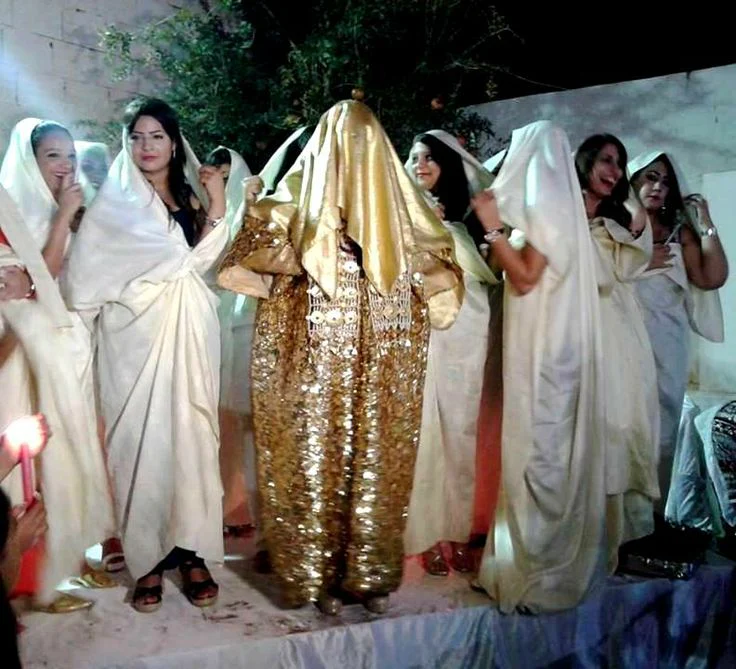In Tunisia, marriage is regulated under a civil legal system with strong influences from Islamic law. There are primarily two main types of marriage recognized:
1. Civil Marriage (Legal Marriage)
- Legally recognized by the Tunisian government.
- Requires registration at the municipality (municipal office).
- Open to Muslims and non-Muslims, although interfaith marriages are regulated.
- Must follow the Personal Status Code (Code du Statut Personnel), a progressive legal framework established in 1956.
- Polygamy is prohibited—Tunisia was one of the first Arab countries to outlaw it.
Requirements:
- Both spouses must consent freely.
- The legal age for marriage is 18 years for both men and women (can be lower with court permission).
- Foreigners must meet additional paperwork and consular requirements.
2. Religious Marriage (Nikah)
- Performed by an imam and follows Islamic rites.
- Often accompanied by a marriage contract (ʿAqd al-Nikāḥ).
- Not legally valid unless registered civilly—so most religious marriages are followed by official registration.
- Some families consider religious marriage culturally essential even when a civil one is done.
Interfaith Marriages:
- Muslim men are allowed to marry non-Muslim women (of the Book: Christian or Jewish).
- Muslim women were historically not allowed to marry non-Muslim men unless the man converted to Islam, but:
- Since 2017, this restriction was lifted—Muslim women can now marry non-Muslim men without conversion, a progressive shift in Tunisian law.



